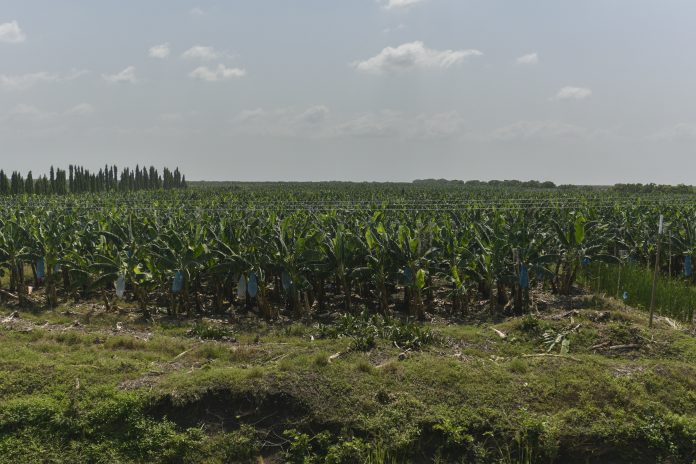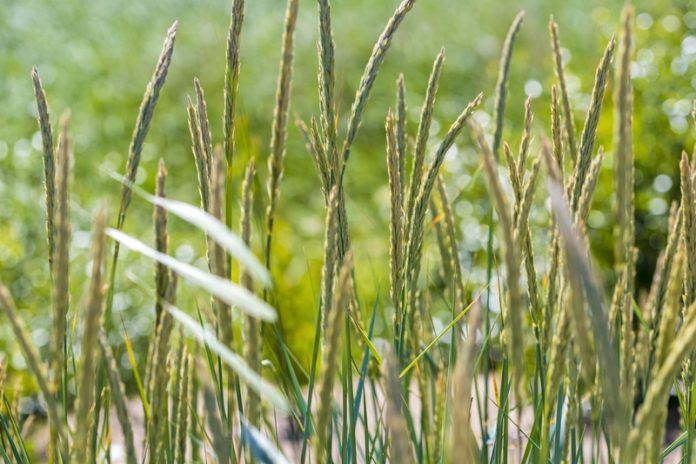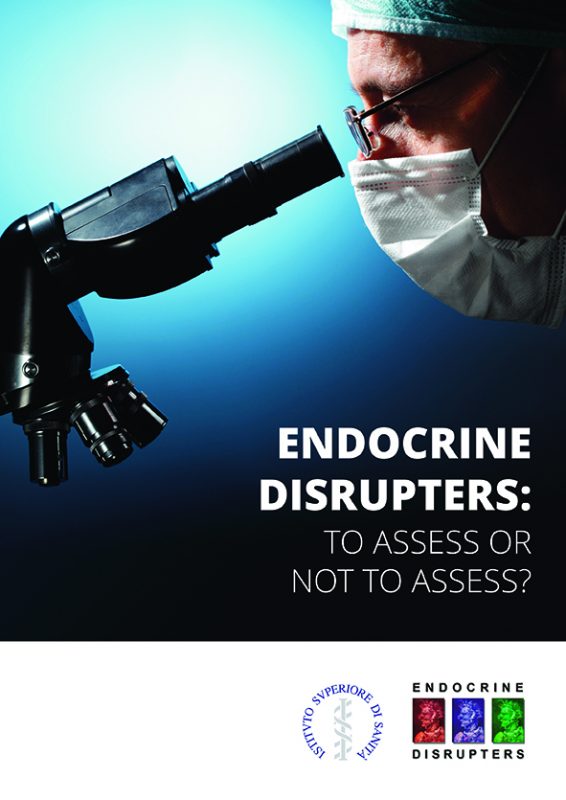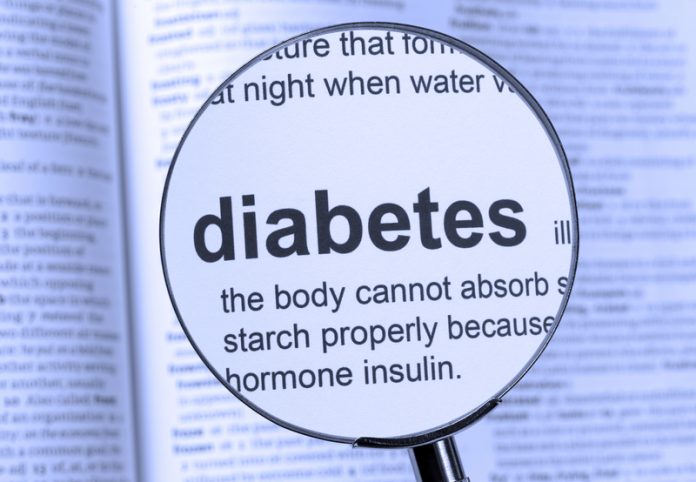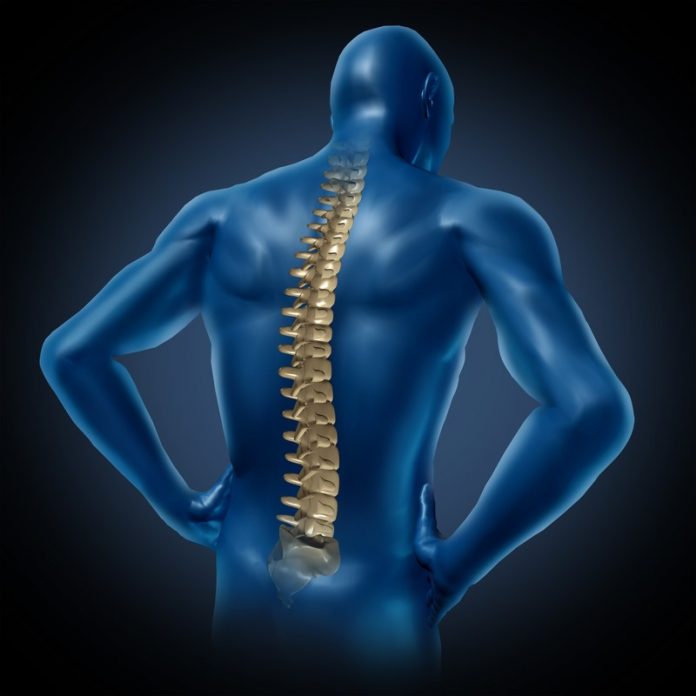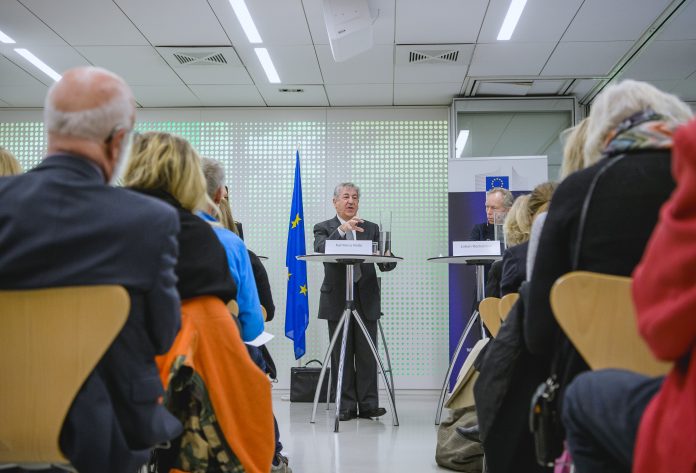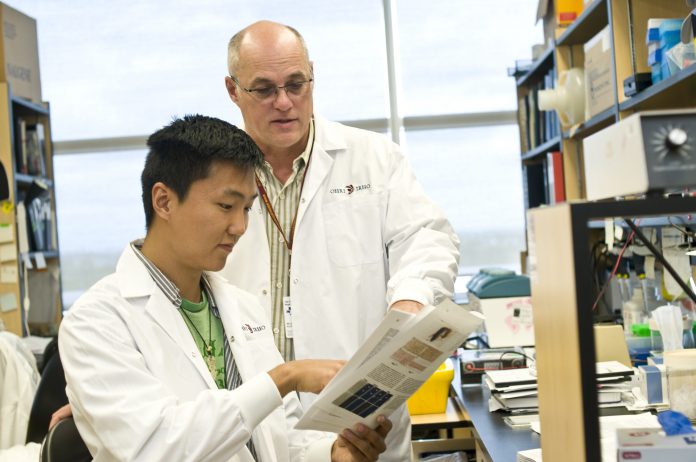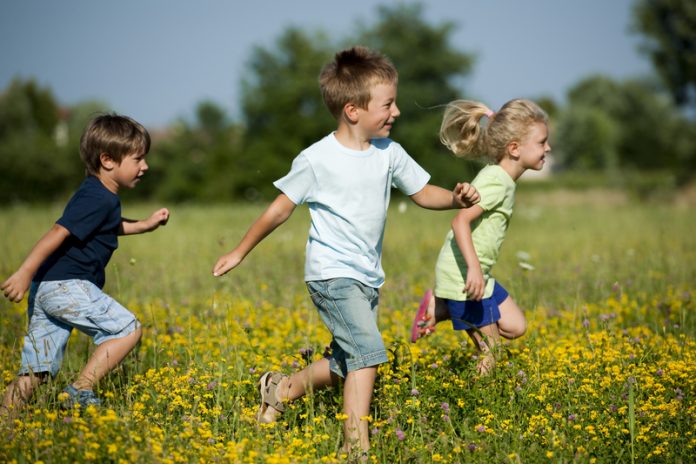Open Access Government produces compelling and informative news, publications, eBooks, and academic research articles for the public and private sector looking at health, diseases & conditions, workplace, research & innovation, digital transformation, government policy, environment, agriculture, energy, transport and more.
Home Search
food - search results
If you're not happy with the results, please do another search
The current and future challenges of personalised cancer therapy
Managing Director of The Cancer Drug Development Forum, Prof. H. Zwierzina reveals his opinions on the current and future challenges of personalised cancer therapy, including the need for biomarkers.
Biodiversity: The extraordinary variety of life on Earth
Pamela S. Soltis, Director of the University of Florida Biodiversity Institute provides a fascinating analysis of her department’s research on biodiversity – that is, the extraordinary variety of life on Earth
The future of the common agricultural policy (CAP)
Commissioner Phil Hogan shared his views on the future of the EU’s common agricultural policy (CAP) during a speech he recently made at the Berlin Green Week to the political leaders of Germany’s farmers
Digitally enabling type 2 diabetes prevention models
Hitachi Consulting sheds light on how they digitally enable type 2 diabetes prevention models
The nutritional quality of minor cereals and their role in the human diet
Ismail Čakmak of Sabanci University sheds light on the nutritional quality of minor cereals and their importance in the human diet.
Endocrine Disrupters: To Assess Or Not To Assess?
Endocrine Disrupting Chemicals (EDC) are chemical substances that can damage our health and/or the health of environmental organisms by altering the hormone function.
The emergence of personalised e-health care
CEO of Liva Healthcare, Kristoffer From explains the emergence of personalised e-health care and asks if e-health can close the gap between doctors and diabetic patients
Diet and health: A complex relationship
Senior Scientist at the British Nutrition Foundation (BNF), Dr Lucy Chambers, offers food for thought, by detailing the complex relationship between diet and health
New treatments for spinal muscular atrophy
SMA Europe e.V. discusses how new treatments for spinal muscular atrophy open up new challenges for European and national institutions
EU-Africa relations: The challenges for a renewed partnership
Dr Alex Vines OBE and Tighisti Amare from The Royal Institute of International Affairs, Chatham House discuss their views on EU-Africa relations and the challenges ahead for a renewed partnership.
The potential long-term environmental health consequences of urban wildfire debris
Birgit Puschner and Pamela Lein from the University of California, Davis share their expert views on the impacts of urban wildfire on chemical contamination in small backyard agriculture.
Critical gaps remain in Europe’s environmental performance despite improvements
Executive Director of the European Environment Agency (EEA), Hans Bruyninckx shares his thoughts on the critical gaps present in Europe’s environmental performance.
Agoraphobia, associated anxiety disorders, phobias and conditions
Chief Executive of Anxiety UK, Nicky Lidbetter lifts the lid on the relief and rehabilitation of persons affected by agoraphobia and associated anxiety disorders, phobias and conditions and the extent to which these are treatable and manageable
EU aquaculture: Supporting the farmers in the water
Karmenu Vella, European Commissioner for Environment, Maritime Affairs and Fisheries explains the Commission’s support for EU aquaculture and supporting farmers in the water
Animal medicine: Science in the legislative driver’s seat
Roxane Feller, AnimalhealthEurope Secretary-General shares her thoughts on the role of science in the legislative driver’s seat where animal medicine is concerned.
Work-related musculoskeletal disorders
Cecilia Van Cauwenberghe from Frost & Sullivan’s TechVision Group provides a comprehensive overview of work-related musculoskeletal disorders, including impact reduction
From wheelchair to high heels: Realising the potential of stem cells
Dr Michael A Rudnicki, CEO & Scientific Director at the Stem Cell Network gives an expert view on a new era in health care, powered by stem cells
A fragmented approach to child health is damaging the long-term health of the UK
A fragmented approach to child health is damaging the long-term health of the UK, warns President of The Royal College of Paediatrics and Child Health, Professor Russell Viner.
Precision farming market set to reach $4 billion in 2018
New insight predicts precision farming, blockchain and sensor technology will revolutionise agriculture
International trade changes needed to tackle agricultural challenges
A conference organised by the European Committee of the Regions (CoR) in Brussels, Belgium, on 8 March has discussed the current international agricultural trade rules and how to establish fairer international trade



